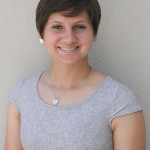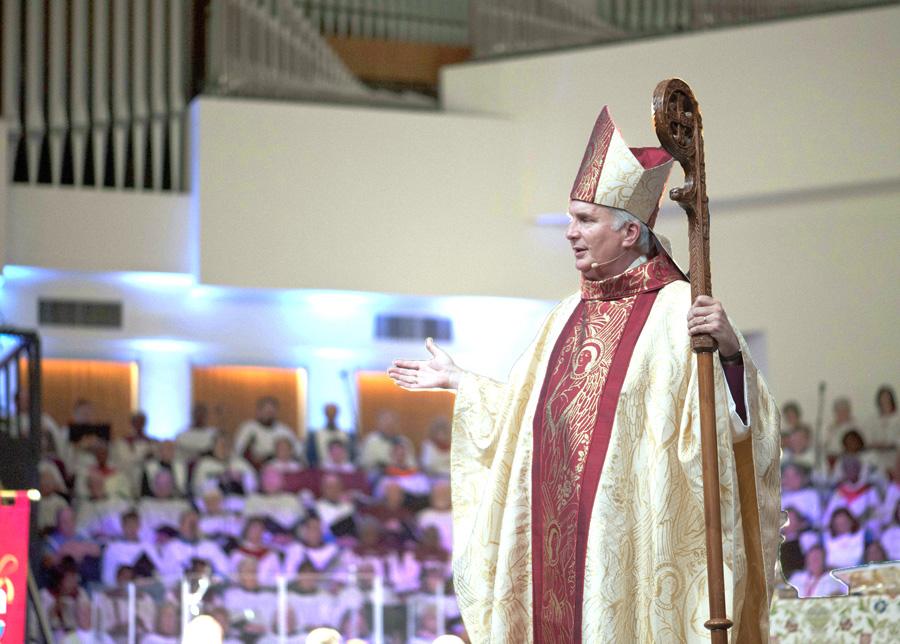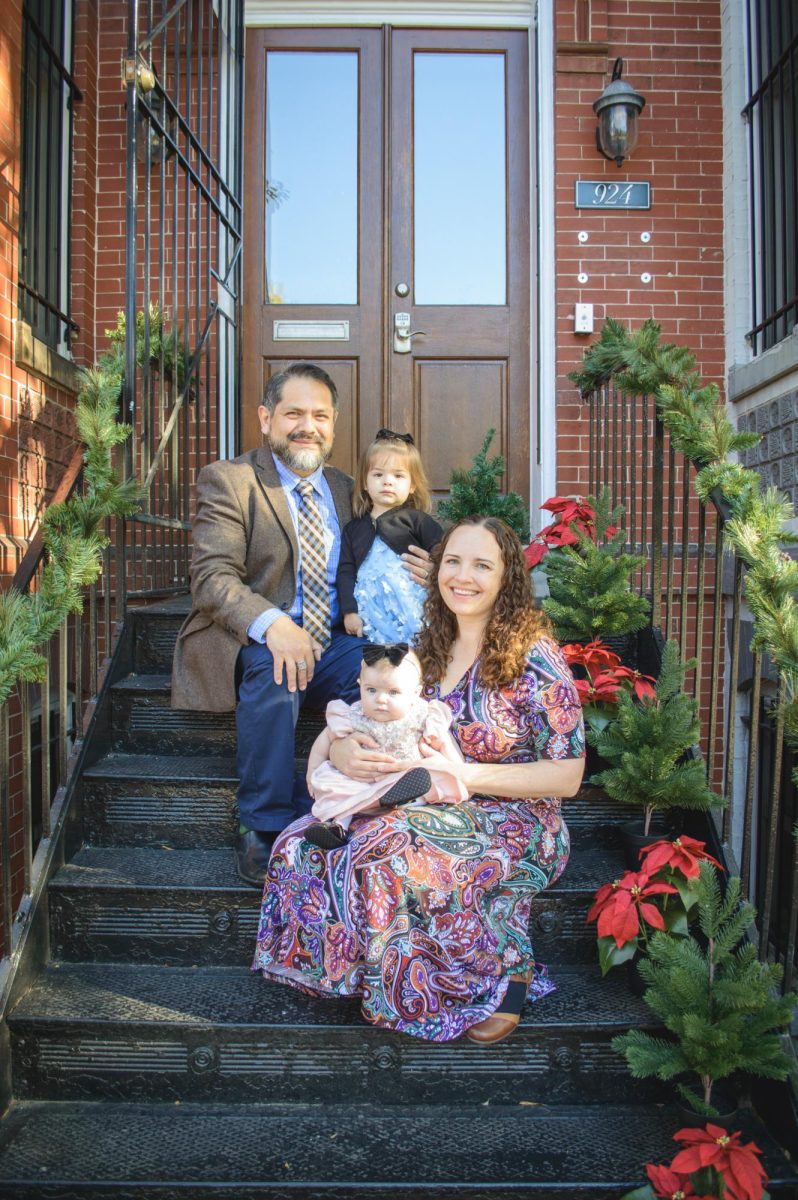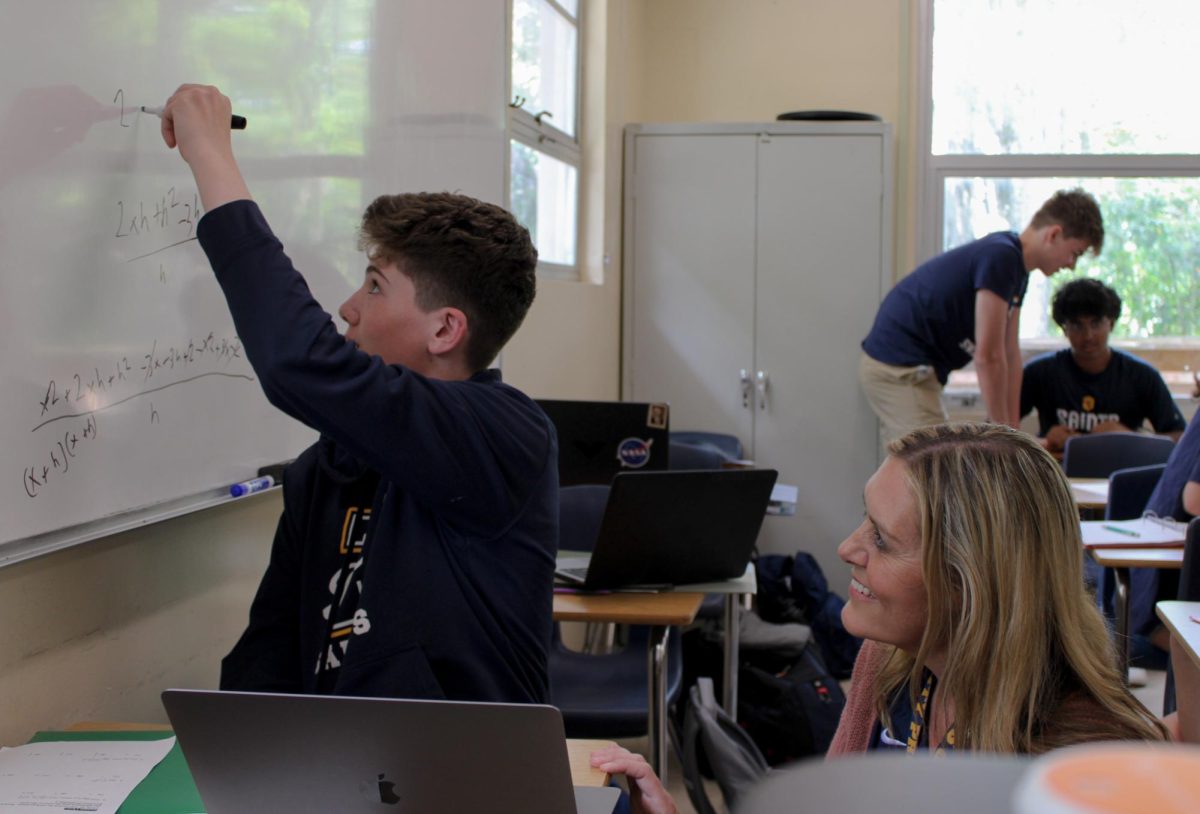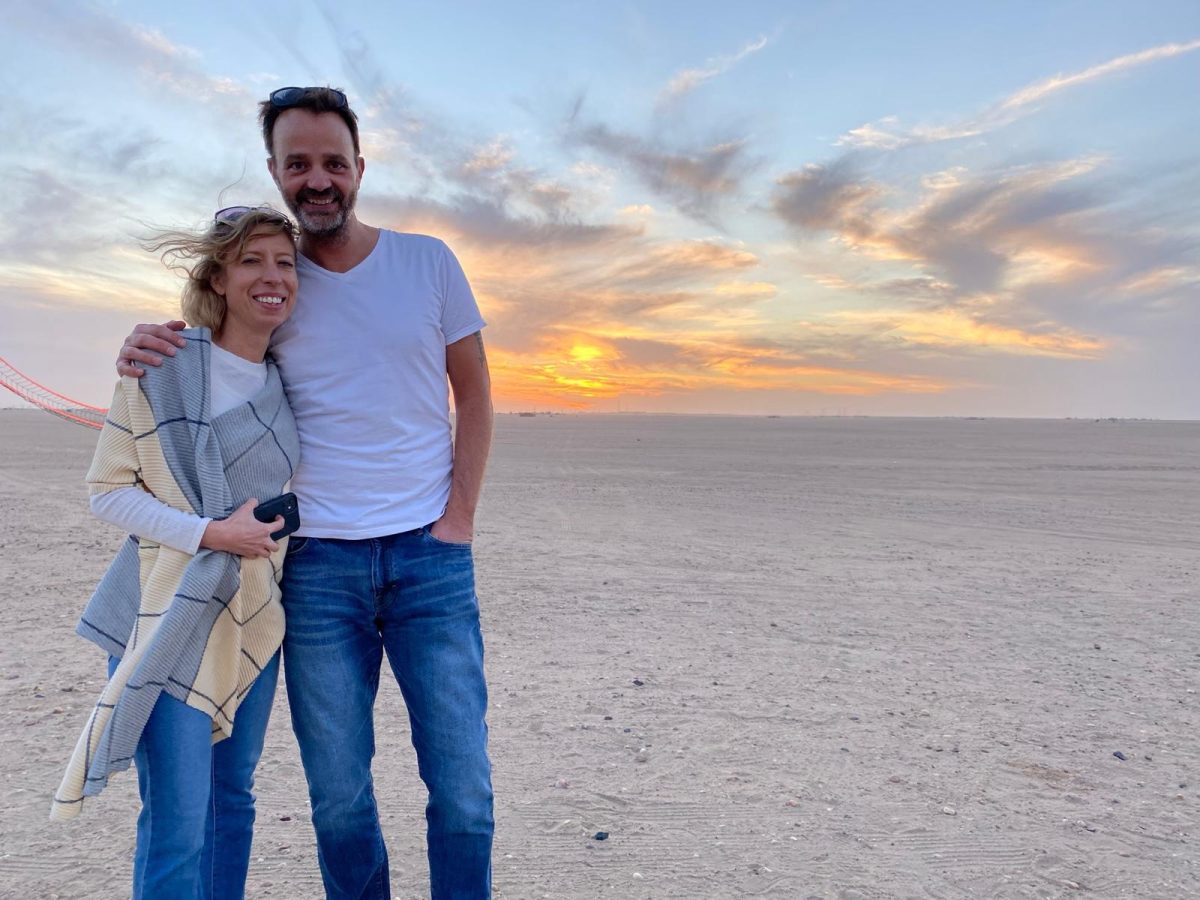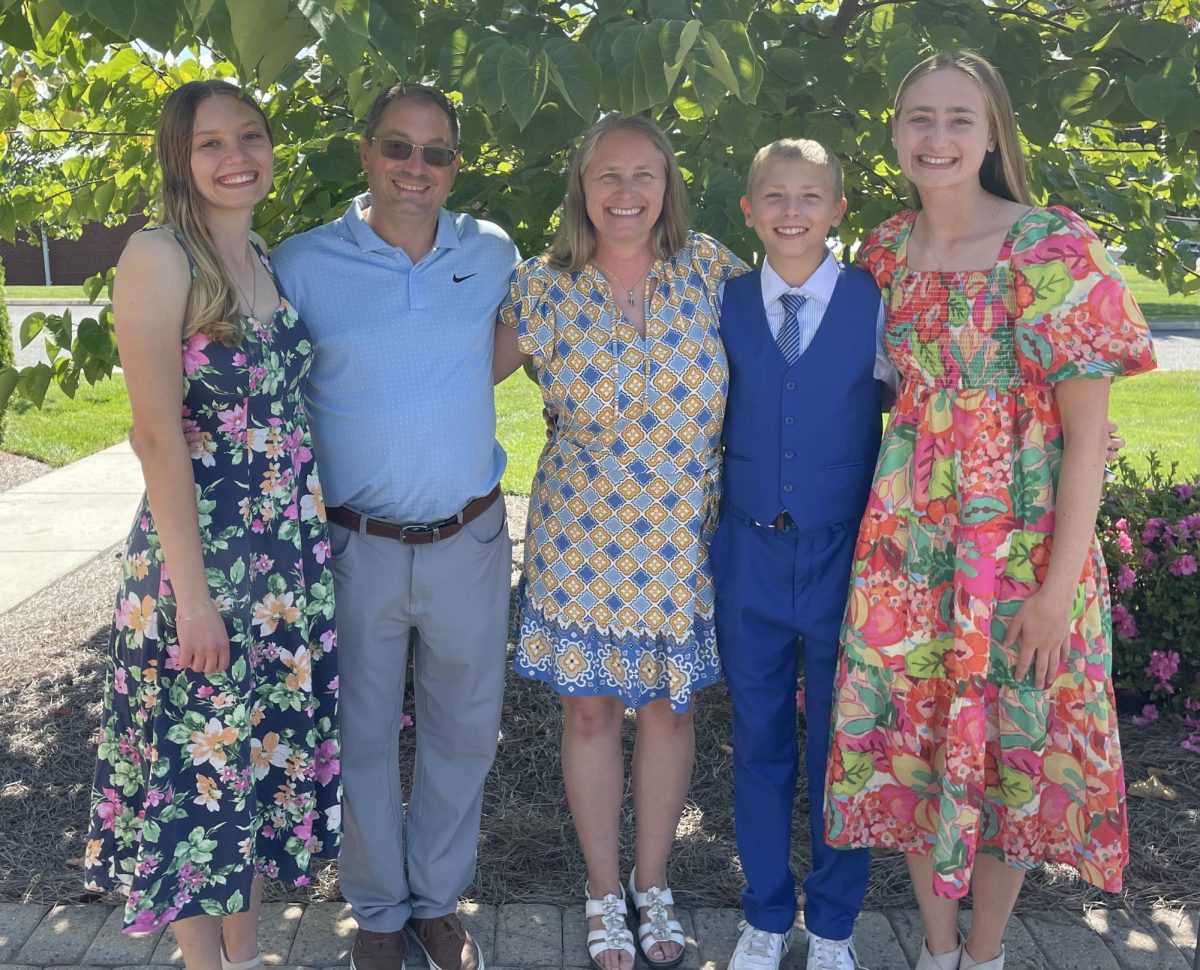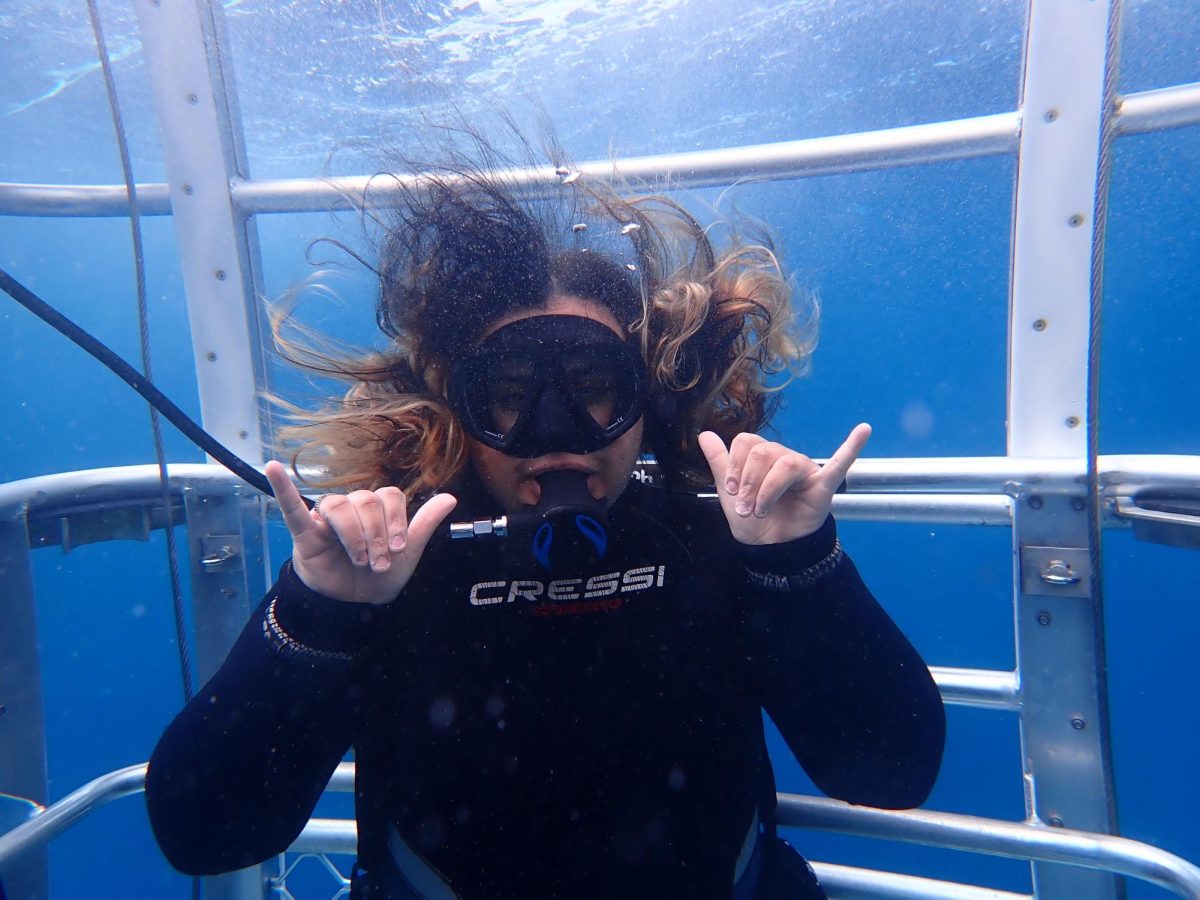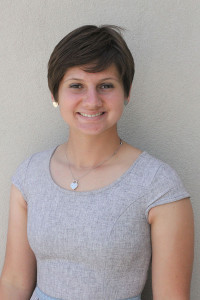Just twenty years ago, Greg Brewer was a teacher at our school teaching Comparative Religions and a class about the New Testament.
“I loved it,” said Brewer. “I had a really great time.”
Today, Greg Brewer is the Bishop of the Episcopal Diocese of Central Florida.
“I never expected to end up a Bishop,” said Brewer. “It’s just one of those surprises. I’ve served in places from Florida to New York City. They have all been interesting and different, and I’ve enjoyed them all. I really try to work to the best of my ability, and another door opens itself.”
Brewer originally became involved with the Episcopal Church by simply attending it.
“I have been attending the Episcopal Church on and off for a very, very long time,” said Brewer. Prior to becoming bishop, Brewer served as the rector of a congregation in Inner Manhattan.
Brewer was selected to be bishop by a long election process. Brewer was approached and asked if he could be nominated for the position.
“I had to think and pray the nomination through and decide whether I would say yes or no,” said Brewer.
He decided to put his name on a large list of candidates to be reviewed by a committee. The committee then narrowed it down to the top seven candidates. An election was held within the Episcopal churches of Central Florida where both clergy and lay people voted. Brewer won.
“I must tell you that this has all been a wonderful series of surprises,” said Brewer. “Yeah, I work hard, and I ask for God’s leadership and guidance, but every job I’ve had has been a job that sought me out.”
As bishop, Brewer must oversee the eighty-eight Episcopal congregations throughout fifteen counties in Central Florida.
“I have to be a pastor to the clergy, a pastor to the pastor,” said Brewer. “I really have to work with their leadership in each of these churches to help them grow and develop.”
On Founder’s day, Headmaster Craig Maughan said “The school was founded with complete support of the Episcopal Bishop of the [Central Florida] diocese.” The school’s founder, Canon Hay was given a leave of absence from his position in the Diocese in order to found the school.
Because of this, “As an Episcopal institution we are ‘under the authority of the bishop,’” said Maughan. But what does it really mean to be “under the authority of the bishop?”
“The Articles of Incorporation specify that the Bishop has a seat on our Board of Trustees,” said Maughan. The Board of Trustees has the responsibility of approving the school’s budget, as well as hiring a headmaster.
“Typically, the Bishop has appointed a representation to serve for him,” said Maughan. The re
presentative is currently Rev. Malcolm Murchison.
“On an annual basis, we invite the Bishop to visit the school and meet with the Spiritual Life Committee of the Board and hear reports about our Chapel program, community service, and courses in religion and ethics,” said Maughan.
Maughan did note, however, that “We receive no money from the Diocese, pay no money to the Diocese, and do not have voting powers at the Diocesan convention.”
The bishop is also invited to speak at all chapels and Baccalaureate, though past bishops have rarely spoken. “I have been at Trinity since 2003, and we have not had a bishop present at a chapel service in my tenure,” Rev. Sonia Sullivan-Clifton said.
The bishop has no power over which teachers the school hires, yet his approval is requested for priest candidates. “Our Chaplains, Rev. Vinal and Rev. Sullivan-Clifton, have served with the approval of the bishop,” said Maughan. “[But] no other employees are subject to the bishop’s review.”
The important thing about our connection to the Diocese is “that it helps us link us to our founding principles,” said Maughan. “We are members of the Central Florida Episcopal Schools Association that established standards of identity that we follow.”



